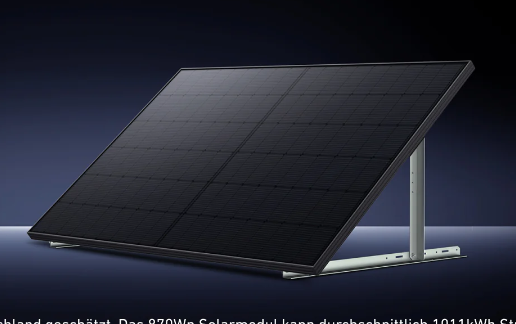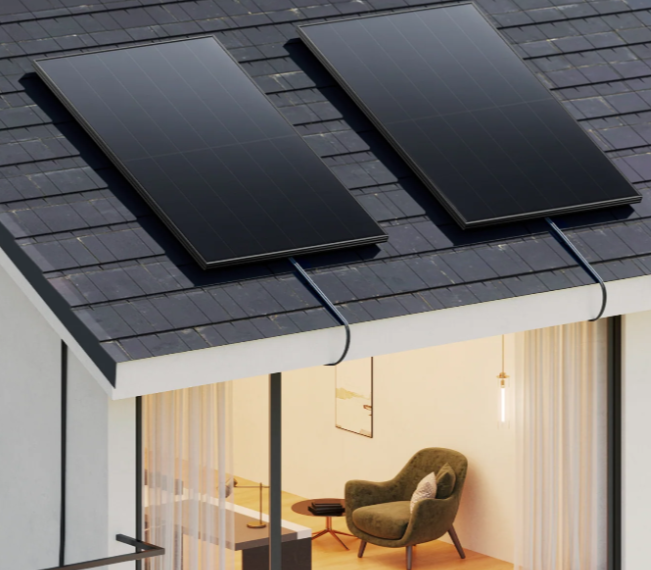Switching to solar energy is not only an environmentally friendly choice but also a financially savvy one. By harnessing the power of the sun, you can significantly reduce your utility bills and enjoy long-term savings. In this article, let’s explore how solar energy can help you save money on your utility bills and the various factors that contribute to these savings.

Way of Solar Energy Help for Savings
Utilizing solar energy to power your home involves several key components that contribute to cost savings. From reduced electricity bills to various financial incentives, let’s delve into how solar energy can make a significant impact on your utility expenses.
Reducing Electricity Bills
The most immediate advantage of installing solar panels is the decrease in electricity bills. Solar panels convert sunlight into usable energy, which can then power your home. This process reduces the amount of electricity you need to buy from your utility provider. The extent of your savings depends on several factors, including the size of your solar system, your energy consumption, and the amount of sunlight your panels receive. On average, homeowners can save hundreds to thousands of dollars annually by switching to solar energy.
Net Metering
Net metering is a system that enables homeowners with solar panels to send surplus electricity back to the grid. When your solar panels generate more power than your home consumes, this excess energy is transferred to the grid, earning you credits on your utility bill. These credits can then be applied to offset the cost of electricity you use from the grid during periods when your solar panels aren’t producing sufficient energy, such as at night or on cloudy days. Net metering can significantly enhance your savings and, in some cases, eliminate your electricity bill altogether.
Solar Incentives and Rebates
Various government incentives and rebates are available to encourage the adoption of solar energy. These financial incentives can significantly reduce the initial cost of installing a solar system. The federal investment tax credit (ITC) allows homeowners to deduct a percentage of the cost of installing some solar energy systems like Anker’s balcony power plants 800 systems from their federal taxes. Additionally, many states and local governments offer rebates, tax credits, and grants to further reduce the cost. These incentives make solar energy more affordable and accelerate the return on investment.

Long-Term Savings
While the initial cost of installing solar panels can be substantial, the long-term savings are significant. Solar panels have a lifespan of 25-30 years, and once installed, they require minimal maintenance. Over the life of the system, the savings on electricity bills can far exceed the initial investment. In many cases, homeowners can recoup their investment within 5-10 years, after which the electricity generated by the solar panels is essentially free.
Increasing Property Value
Adding solar panels can enhance your property’s value. Homes equipped with solar energy systems tend to be more appealing to buyers because they lower utility costs and support sustainable living. Studies have shown that homes with solar installations sell faster and at higher prices compared to those without. This increase in property value adds another layer of financial benefit to investing in solar energy.
Conclusion
Switching to solar energy offers numerous financial benefits, from reducing electricity bills and taking advantage of net metering to benefiting from incentives and increasing property value. By understanding these factors and exploring available financing options, you can make a smart investment in solar energy that will pay off for years to come. Embrace the power of the sun and start saving on your utility bills today.
